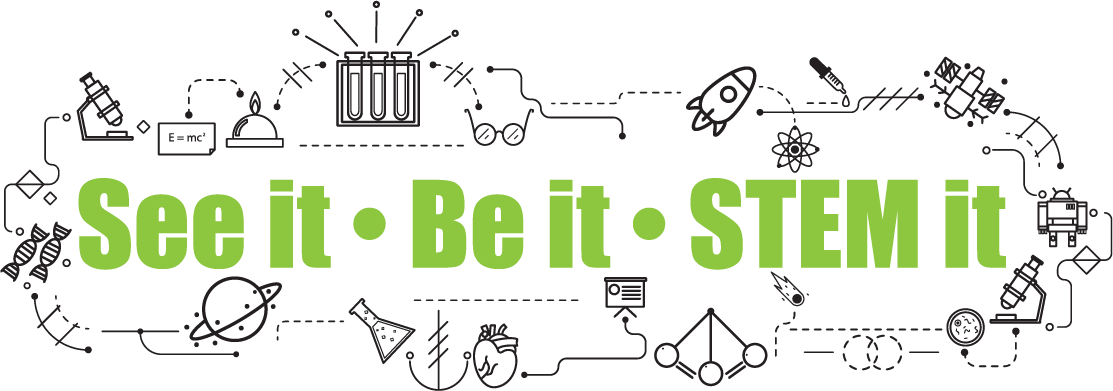Meet Meghana
Meghana earned her Bachelor’s of Science in Civil Engineering with Co-op from the University of Alberta. In her spare time, she likes to bake, read, volunteer, hairbrush karaoke, run in the river valley, cosplay, and do physical activities like hiking and jogging.
Currently earned her Bachelor’s of Science in Civil Engineering with Co-op from the University of Alberta
When did your love of STEM begin?
My love of STEM began as a kid, but it wasn't the technical part of science. For example, if I was studying space it was the colors and the stars and just the beauty of it all. I really liked to learn. I put a lot of effort into learning about math, science and social studies, essentially every course that I did. I wasn't necessarily a math prodigy. From there my love of STEM started to increase when I saw how in the STEM fields, innovation is limitless. There is an answer to almost everything as long as you're searching for it, and in STEM you have that opportunity to solve problems and help people and innovate for the future.
My dad was an engineer, but I didn't know what an engineer was. I thought it was like a train conductor, putting on a hat and going out every morning. He saw that I really liked to learn. I liked to push boundaries. I wasn't afraid of suggesting alternative solutions to things and he said those are some really important qualities of an engineer. You have to be willing to think outside of the box and be creative. So he encouraged me to at least try out engineering. I think my love of STEM definitely began when I was younger but it has blossomed as I grew.
What did you love most about study in your field of STEM?
The best part about working in the field of STEM is the chance to make changes that provide opportunities for other people. I lead the creation of the group Diversity in Engineering (DivE) to bring more of a focus to traditionally underrepresented groups in STEM through policy advisory, program creation, and advocacy. Being a part of STEM and groups like DivE allow me to be a part of something so much bigger than myself and my career. I have the chance to not only create technology, but also build a better world for generations to come.
What advice would you give to young women considering a career in STEM?
The advice that I would give to young women in STEM is to value yourself. To believe that you are enough. You might hear voices unfortunately telling you that you're “not smart enough”, or you are not going to have it easy in this field, because “you are a woman”. I would say value what you bring to the table. Don't try to be anyone else. Don't try to fit yourself into the stereotype we have with people who are scientists and engineers. You are unique identities and your personality is such an asset to the field and we need you. Just believe in yourself.
“The bravest thing I’ve ever done was come out to queer to my family. I knew that it was a really important part of my life and I wanted my family to know this is just another part of who I am.”
-Meghana





